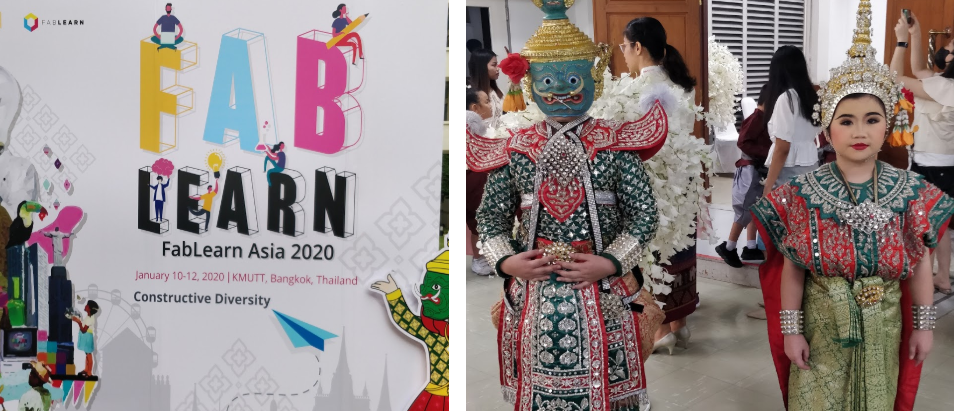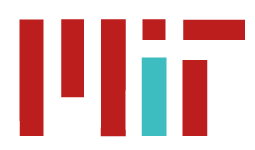
Drumrolls for the exciting theme for this year’s Fab Learn Asia 2020 – Constructive Diversity: Role of maker education in building diverse learning environments across cultures. The conference stood true to it with events and activities organised around the same, one of which was our workshop on our experiments of implementing a toolkit developed in the United States and testing and contextualising it for the local schools of India. Diverse much?!
The workshops, on Embedded Assessments in School Makerspaces on two of the conference days, was nothing short of a revelry, at least for us as trainers. Set out to let the world know about our work on the power of reflections and assessments in makerspaces in India, Prasanth and I were handling a multilingual, international audience for the first time. The participants came from Thailand, Istanbul, India, Taiwan, and Hong Kong. We started with some inhibitions in our mind about things like whether or not to use those jargons in research or crack that joke that we found funny mid session. The workshops went on in English, few participants wore the in-ear translators pieces while our super helpful friend, Roger, dexterously translated the narrative to Thai, making it a cake walk for us.
Reflection through embedded assessment tools should not just be a ‘good-to-have’ but ‘must-have’ feature for makerspaces since it promotes meaningful making and gives a sense of self to the makers. By the end of the two workshops, the need for embedding assessment tools in makerspaces stood testified as the participants from various parts of the Asian continent resonated with Beyond Rubrics– the embedded assessment toolkit central to our research work in India, developed at Playful Journey Lab, MIT.
In case you are interested, here’s a gist of what the attendees took away from the 100 minutes of the workshop:
- Our experiences while implementing Beyond Rubrics in India.
- Understood how ‘Trust’ plays a prime role in getting learners to reflect on the maker activities that they indulge in.
- Tried out activities- Superpower Hour.
- Contextualised the toolkit for their respective makerspaces.
- Parted with a smile! 🙂
Head to the beautiful report prepared by Prasanth and the slide deck from the conference for a deeper immersion into our experience in Bangkok.
We would love to hear your thoughts/ questions at rashi@mit.edu / prasanth@mit.edu.
Rashi Nigam

